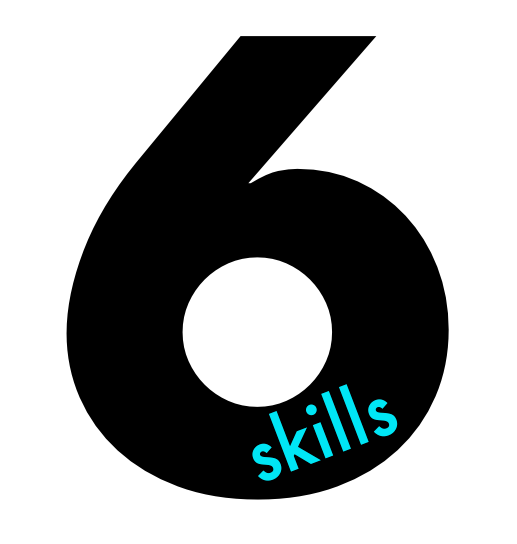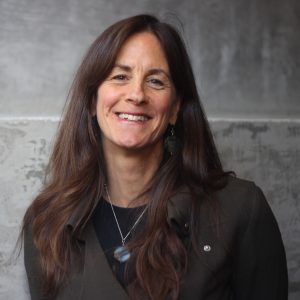People working — and learning — remotely get to hangout in their pajamas (for me, it’s “athleisure wear”), they know where all the good-coffee-with-free-wifi spots can be found, and they can flex their working hours around family needs and powder days. Those are the more obvious benefits.
Students in our fully online MA in Sustainable Design program reap those benefits (though most are working day jobs where none-of-the-above may apply) but there are other aspects of online learning they benefit from.
Here are six skills that our students develop during the program that are — no surprise — what employers are looking for, regardless of the job or industry.
Communication technologies. Sustainability may be best understood when communing with nature, but achieving sustainability goals requires leveraging a variety of (human) communication technologies. Our students become adept at optimizing a slew of online platforms and tools for learning, communicating, sharing, planning, and teaming — sometimes all at the same time. We provide them with a few — they creatively and collaboratively find and figure out the rest.
Global networks. Most companies and organizations have (or would like to have) a global reach and value leaders, employees, and contractors that know how to reach globally and tap into global networks. Because our program is fully online, we can engage students, faculty, and alumni from across the globe, who then get to learn with and from each other, allowing them to gain insights from different cultures, time zones, disciplines, and perspectives.
Time management. Every job entails deadlines and demands productivity — KPIs and ROIs. Our students deal with that in their day jobs AND figure out how to fit another 10 to 20 hours of mind-expanding, world-saving, and sometimes soul-searching coursework into each week. They figure out how to plan ahead, strategize, optimize. They are amazing.
Initiative. Perhaps this goes without saying, given what it takes from a time management perspective; however, our students show initiative beyond working hard. Like most of us, they see the great challenges that we’re facing — global climate change, biodiversity loss, social and environmental injustice. But unlike most of us, they have not let their day jobs and personal lives keep them from taking action. They have taken the initiative to empower and equip themselves to make real change in the world.
Emotional Intelligence. It’s easy to imagine that the remoteness of online learning might lead to emotional isolation; however, our faculty and students prove the opposite. In addition to taking a course in Creative Leadership that includes a focus on empathy, they learn how to reach out to each other, across disciplines and cultures, hurdling time and technological divides. Some have formed deep friendships with people they have never met in person.
Teamwork. Everyone talks about the need for collaboration, and everyone knows it can be hard. It can be even harder when your team is scattered, you can only meet online, and common time slots are limited. When students are done with our program, they have excelled not only in highly creative individual work, they have overcome myriad obstacles to excel at highly creative and collaborative teamwork.
If you’re passionate about sustainability, need the convenience of learning in your pajamas, AND you want to develop skills that all employers are looking for, we invite you to take a look at our fully online MA in Sustainable Design program. Our next informational webinar is next Tuesday September 17th.

